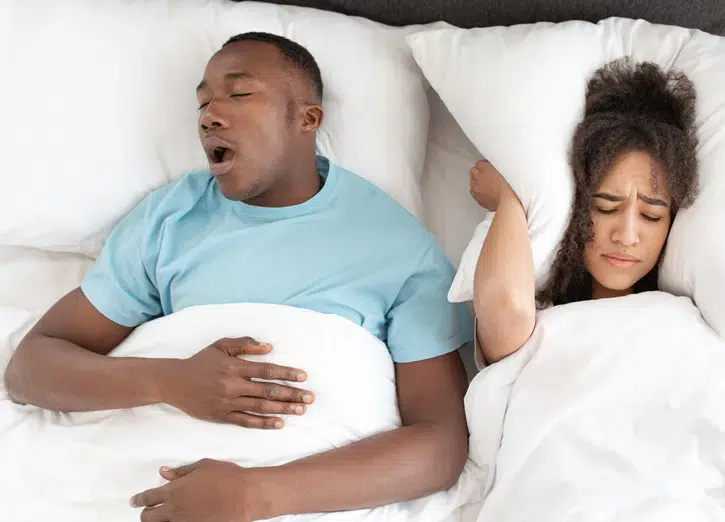
Treatment for Sleep Apnea
Sleep apnea is a condition characterized by repeated interruptions in breathing during sleep. It typically occurs when the muscles in the throat relax excessively, obstructing the airway and leading to breathing difficulties. This form of the condition is known as obstructive sleep apnea.
Common signs of sleep apnea include irregular sleeping patterns, frequent throat discomfort, recurring headaches, and a persistent inability to achieve restful sleep.
Understanding Sleep Apnea
-
Obstructive sleep apnea: This form is the most prevalent and occurs when the throat muscles relax excessively during sleep, obstructing the airway and impeding normal breathing.
-
Central sleep apnea: This rare type happens when the brain fails to send signals to the breathing muscles, causing temporary cessation of breathing.
-
Complex sleep apnea syndrome: Also called treatment-emergent central sleep apnea, this condition arises when an individual experiences both obstructive and central sleep apnea.
Diagnosis of Sleep Apnea
Sleep apnea is typically diagnosed through a polysomnogram, also known as a sleep study, conducted either at home or in a sleep disorder center. This test monitors various sleep-related activities, such as brain function, breathing patterns, oxygen levels, sleep stages, and occurrences of snoring or interruptions in breathing.
Following the sleep study, specialists analyze the gathered data to determine if a sleep disorder, like sleep apnea, is present. Treatment recommendations are then provided based on the diagnosis. In some cases, dentists trained in sleep medicine may collaborate with specialists to treat obstructive sleep apnea using oral appliance therapy, which can be arranged through our office with a consultation.
Common Symptoms of Sleep Apnea
- Very loud snoring
- Sleepiness and loss of energy when awake
- Painful headaches
- Restless sleep
- Insomnia and recurrent awakenings
- Waking up with a dry or sore throat
- Waking up in the night with gasping or choking sensations
- Sudden mood changes
- Poor concentration
- Going to the bathroom frequently at night
Treatment Methods for Sleep Apnea
Treatment options for snoring and obstructive sleep apnea include surgery, CPAP or BiPAP machines, and oral appliance therapy. Oral appliances, being less invasive, are often recommended for mild to moderate cases of OSA. These appliances are carefully calibrated to comfortably maintain the jaw's position, ensuring adequate oxygen flow during sleep.
All treatment decisions should be made in consultation with a sleep physician or a dentist who has excellence in sleep apnea treatment. Once a suitable treatment plan is established, our Pocatello dentists can offer crucial support to help you adhere to it. If oral appliance therapy is chosen, it's vital to ensure the correct method and positioning are employed to maintain your airway effectively. For assistance in exploring oral appliance therapy, contact us at Modern Smiles.